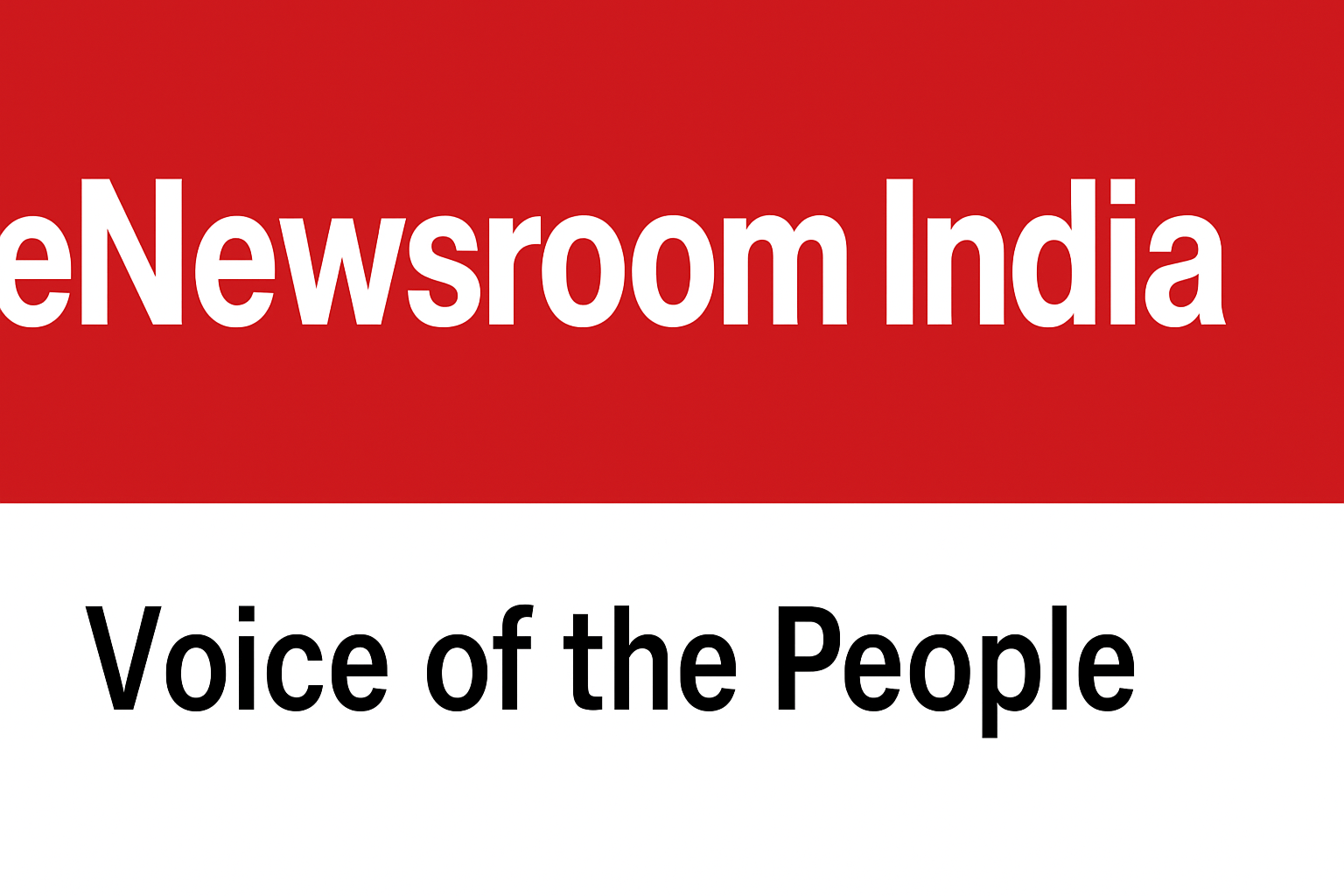[dropcap]T[/dropcap]he film Phule, about Jyotiba Phule and Savitri Mai Phule, was expected to be released today. However, it is now scheduled for the last week of April due to protests by the Brahmins and the changes forced by the Central Board of Film Certification (CBFC) or Censor Board, which has been thoroughly discredited at the moment.
I do not closely follow what happens in the tinsel world, particularly when anything is planned about a historical figure. I am always cautious, and I have found that, most of the time, our filmmakers show deep disrespect for historical facts and create their own. Bombay cinema today has become the backbone of the Hindutva grand narrative-building exercise, which has emerged from WhatsApp gossip.
The shameless Censor Board, which passes disgraceful and distorted films like The Kashmir Files, The Kerala Story, and even propaganda films about Indira Gandhi without much scrutiny or questioning, is now asking the makers of Phule to remove certain sentences.
The Censor Board members are highly ‘offended’ by the ‘anti-Brahmin’ sentiments in the film. Jyotiba Phule was a revolutionary whose work went beyond merely critiquing Brahmanism; he provided an alternative to India’s most corrupt and racist ideology. The Satyashodhak Samaj was a movement that offered modern values as an alternative. Anyone who has read about the lives of Jyotiba and Savitri Mai would vouch for the fact that they were among the most extraordinary couples in India. There are very few like them.
The contempt and humiliation that Savitri Mai faced at the hands of the Peshwai Brahmins are well documented. It is well known that a Brahmanical caste order was strictly enforced in two of the erstwhile Princely states of India: one was Peshwai in and around Pune, and the other was the Travancore Kingdom, where Dalit women were not allowed to cover the upper part of their bodies.
It is not surprising that the Brahmanical elite feels offended by Phule on screen. They have used their privileges to control the narrative, but now Ambedkarites have come of age and are challenging them. With more and more Dalit-Bahujan intellectuals and filmmakers picking up the issue and making documentaries and films, the prohibition is vanishing, and hence this issue has arisen. Those who have read the works of Phule, Ambedkar, and Periyar know well that they critique the Brahmanical system but never harbor hatred for any individual Brahmin. It is important to understand that distinction. Phule started his first school for girls, particularly for Brahmin widows, as he knew well that the largest number of widows—or child widows—came from the Brahmin community.
The Phule couple were extraordinary individuals who lived their lives in alignment with the mission they believed in. They adopted a son, born to a widowed mother. To protect that woman from harassment and harm, Phule gave the child his name, and later, that person—named Yashwant Rao—carried forward his parents’ legacy and served the people till the end of his life. Phule’s actions were anything but ordinary, and all of us, whether Brahmin or non-Brahmin, should emulate the path of Satyashodhak as shown by him. He was an organic intellectual, and his work impacted the lives of India’s Bahujan Samaj.
A good film about Jyotiba Phule and Savitri Mai Phule will inspire the youth of India if they learn to look beyond their jaatis and false pride.
The Censor Board cannot dictate terms, and its false sense of Brahmanical pride must be called out. The makers of the film should speak to political executives and, if necessary, take the matter to court. If they win, it could be a pivotal moment. They must not allow the Censor Board to bully them and should consider approaching the court.
It is shameful that the film Phule has been delayed for the wrong reasons due to this partisan approach. The Supreme Court must step in and speak up.
Critiquing the Brahmanical system is an integral part of India’s historical journey—from Brahmanism to Humanism, which then forms part of our Constitution. The values of Phule, Ambedkar, and Periyar represent modernity, rationality, and humanism. Let us celebrate their lives so that our younger generation understands their struggles and benefits from their ideas.
A big revolutionary salute to Jyotiba Phule and Savitri Mai Phule.


